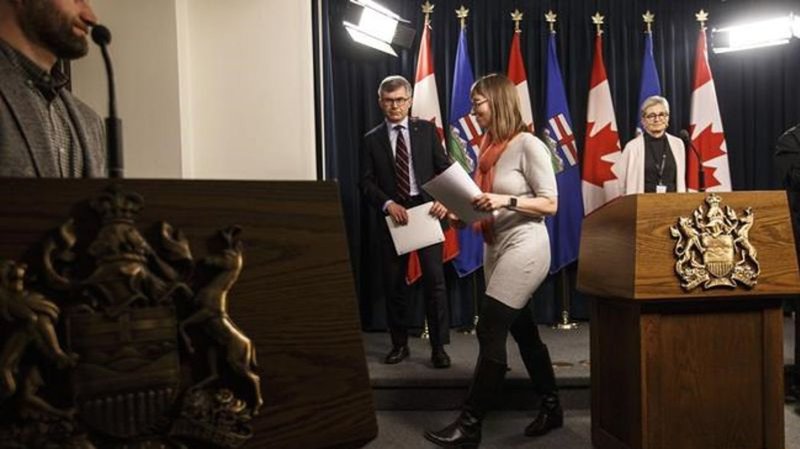
Public health must balance science and society: former top doctor
EDMONTON — A retired top doctor says public health orders have to balance science with society if they are to be effective.
“(Measures) will only work if you have a majority of the population that supports it,” said Andre Corriveau, who was Alberta’s chief medical officer of health from 2009 to 2012.
“You can’t pass measures that a majority of the public is not supportive of, because it’s not enforceable.”
Corriveau, speaking from Iqaluit, Nunavut, where he was advising that territory on how to deal with its COVID-19 cases, spoke after recordings were released that appeared to show Alberta’s current chief medical officer of health, Dr. Deena Hinshaw, expressing concern about politicians watering down her recommendations.
